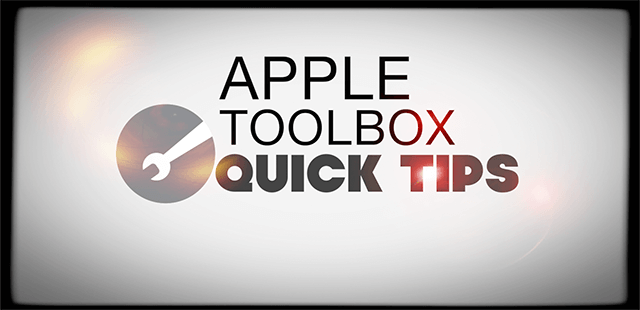Safari is your gateway to the online world. When it slows you down, the entire internet feels slower too. Fortunately, there are several ways to make Safari faster. And in the post below, we explain how to do them all on iPhone, iPad, or Mac!

There’s a broad selection of web browsers you could choose from at any time: Chrome, Firefox, Opera, and many more. But Safari is Apple’s native browser and comes pre-loaded on your iPhone, iPad, or Mac.
That’s one of the reasons Safari is so popular; it’s the default browser for Apple devices. And although it may not come out on top in browser speed comparisons, it’s sleek and rich with features. Safari is the web browser I use, and it’s not exactly slow!
Well, it isn’t supposed to be slow.
Contents
- 1 Quick Tips
- 2 Why is Safari so slow?
- 3 What is Safari website data?
- 4 How do I make Safari faster on my iPhone, iPad, or Mac?
- 5 Step 1: Close your open tabs, close Safari, and restart your device
- 6 Step 2: Update to the latest software
- 7 Step 3: Clear your website data, cookies, and caches
- 8 Step 4: Clear your web history
- 9 Step 5: Disable Safari AutoFill
- 10 Step 6: Turn off extensions and plug-ins (Mac only)
- 11 Step 7: Delete your Safari preferences (Mac only)
Quick Tips
Follow these quick tips to make Safari faster on iPhone, iPad, and Mac:
- Close your open tabs, close Safari, and restart your device.
- Update to the latest software.
- Clear your website data, cookies, and cache.
- Clear your web history.
- Disable Safari AutoFill.
- Turn off extensions and plug-ins (Mac only).
- Delete your Safari preferences (Mac only).
Related
- Why is my Safari browser so slow or crashing on iPad or iPhone?
- Make safari faster, more secure with OpenDNS & Google Public DNS
- How to use Web Inspector to debug mobile Safari (iPhone or iPad)
- Safari problems after macOS upgrade, how to fix
Why is Safari so slow?
As you browse the internet, Safari collects lots of data to improve your experience. This data includes cookies, caches, AutoFill information, and a history of the websites you’ve visited. With so much data it’s easy for Safari to get bogged down.
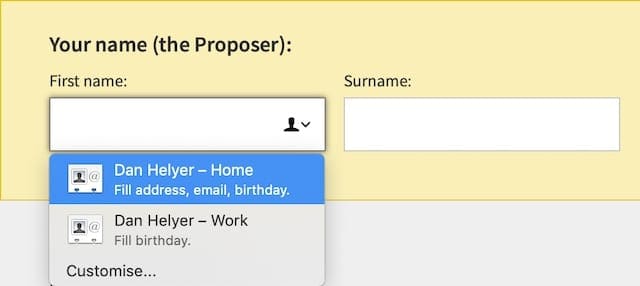
Generally speaking, it’s good that Safari collects data. You probably reap the rewards of it without realizing every day. Every other browser collects data as well because it makes your browsing more intuitive.
However, if you’re reading this the odds are Safari isn’t as fast as it once was. And the solution could be to clear out your Safari website data.
Of course, this isn’t the only possibility. You might want to change your DNS to make your browser faster and more secure or contact your internet service provider about a slow connection.
What is Safari website data?
Website data is the catch-all term Apple uses for behind-the-scenes data collected by Safari.
It doesn’t include AutoFill information — like passwords, username, or credit card details — and it doesn’t include your browser history. But it does include cookies or caches.

Cookies are small packets of data that store information about how you used a website. They improve your experience on the web by remembering things like what language you speak or the contents of your shopping cart.
Cookies also provide useful tracking information for web developers. Things like what browser you use, what time you used the site, and what you did there. Developers can use this information to optimize how a website works.
What is a cache?
When your browser loads a new web page, it stores some of the content from that page in a cache. This content can include images, videos, audio, or HTML information.

By saving content in a cache, your browser loads it quicker the next time you visit that page. This is because it’s faster to find something on your computer than to download it again over the internet.
Sometimes content in the cache makes your browser load an older version of a website. And at other times, there is so much content for a browser to filter through; it’s just quicker to download it again.
How do I make Safari faster on my iPhone, iPad, or Mac?
If web pages take longer to load or you’re seeing a lot of spinning beach balls, you might want to clear out your website data on your iPhone, iPad, or Mac. This cleaning acts like a tune-up for Safari to get it whipping around the internet as fast as ever.
Follow the steps below to update your software and clear out data from Safari. We’ve listed them from least to most data loss, so if the first step works you won’t even need to clear your cache.

Be sure to test Safari after each troubleshooting step and let us know what works for you in the comments. You can test it by just browsing the web or using a web browser speed test.
Step 1: Close your open tabs, close Safari, and restart your device
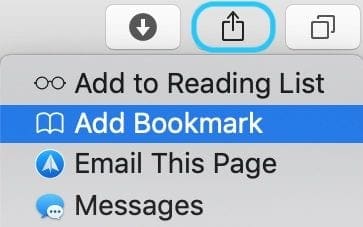
The first thing to do to speed up Safari is to reboot it and restart your device. This restart resolves hiccups that might have confused the app and allows your iPhone, iPad, or Mac to load it from scratch again.
Before closing Safari, we’ll show you how to close each of your open tabs. If you don’t want to lose important websites, save them to a bookmark folder using the Share button first.
How do I close Safari and restart my iPhone or iPad?
- Open Safari on your iPhone or iPad.
- Tap and hold the two squares in the bottom right corner.

- Choose Close All Tabs.

- Swipe up to the middle of the screen — or double-click the home button — to view all open apps.
- Push Safari off the top of the screen to close it.

- Press and hold the Sleep/Wake and either volume button.
- When prompted, slide to power off your device.

How do I close Safari and restart my Mac?
- Open Safari on your Mac.
- Hover your mouse over a tab to see the x button.

- Option-click the x button to close all other tabs except this one.
- Click the x button to close the last tab.
- Press command+Q to quit Safari.

- From the menu bar, go to Apple > Shut Down….
- Click Shut Down.
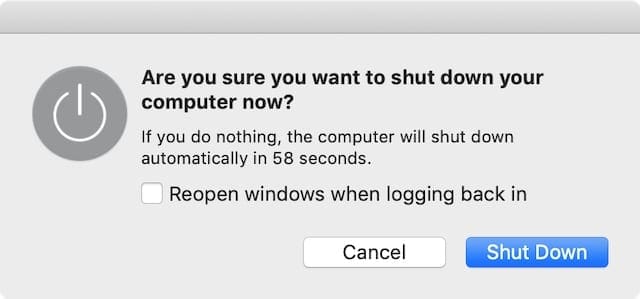
Step 2: Update to the latest software
Safari is baked into the operating software of your iPhone, iPad, or Mac. That means you can update Safari by updating iOS or macOS.
Apple frequently releases updates to its software to improve performance in native apps like Safari. If you aren’t running up-to-date software, you can’t enjoy these improvements. You might even be suffering from bugs that are now fixed!
On a Mac, after updating your operating software, you also need to ensure your extensions and plug-ins are up to date. We’ll show you how below.
How do I update Safari on my iPhone or iPad?
- Go to Settings > General > Software Update.
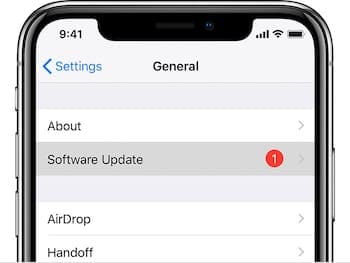
- Wait for your device to check for updates.
- Download and install any new updates.

How do I update Safari on my Mac?
- From the menu bar, go to Apple > About This Mac > Software Update….
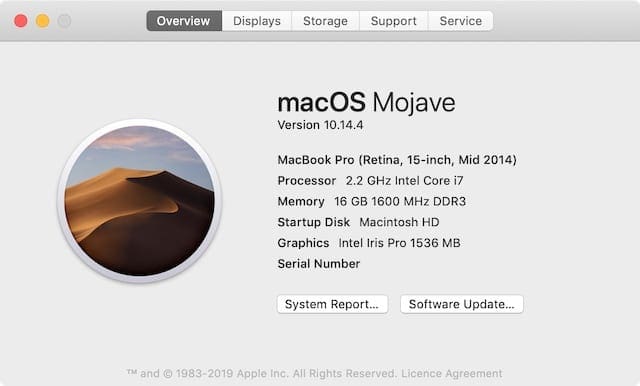
- Wait for your Mac to check for updates.
- Download and install any new updates.
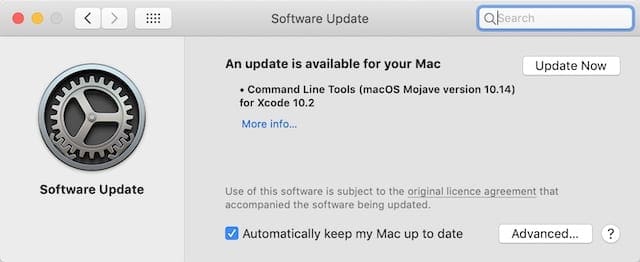
How do I update Safari extensions on my Mac?
- Open Safari on your Mac.
- From the menu bar, go to Safari > Preferences > Extensions.

- If available, click the Updates button in the bottom left corner.
- Download and install all available extension updates.
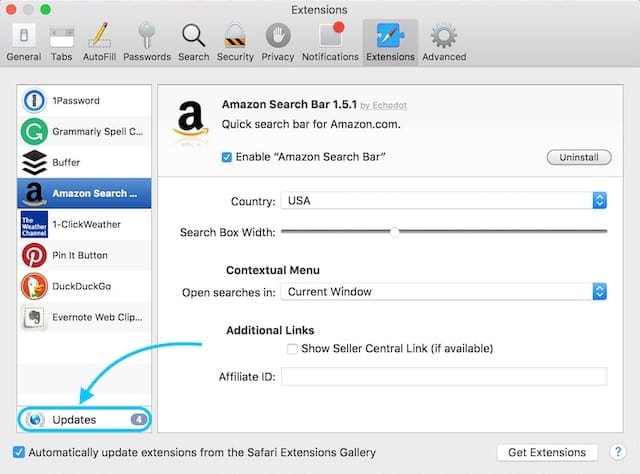
You’ll see an Updates box if any of your extensions need updating. Image from Lifewire.
How do I update Safari plug-ins on my Mac?
- Open Safari on your Mac.
- From the menu bar, go to Safari > Preferences > Websites.

- In the left column, scroll down to the Plug-ins section.
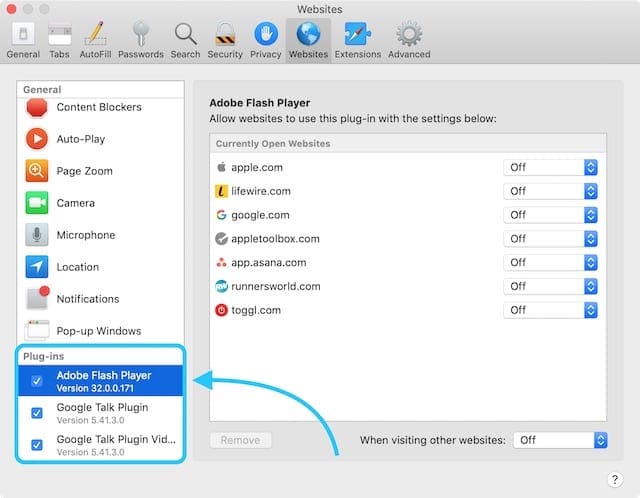
- Visit the website for each plug-in to search for available updates.
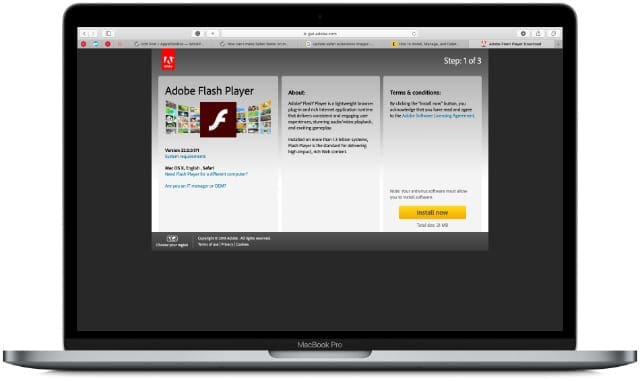
Visit the website for your individual plug-ins to search for updates.
We’ve already explained that Safari collects website data to improve your browsing experience, but it can cause problems too. Clear your website data to reduce issues. Doing so removes cookies and clears the cache for every website you’ve visited.
That means your preferences and login details are reset for individual websites. It may also make some websites take slightly longer to load again for the first time.
How do I clear website data on my iPhone or iPad?
- Go to Settings > Safari.

- At the bottom of the page go to Advanced > Website Data.
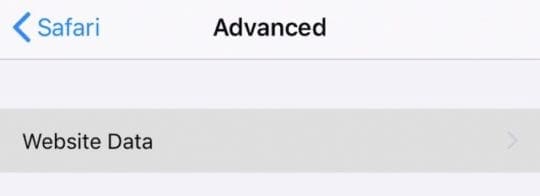
- Tap Remove All Website Data.
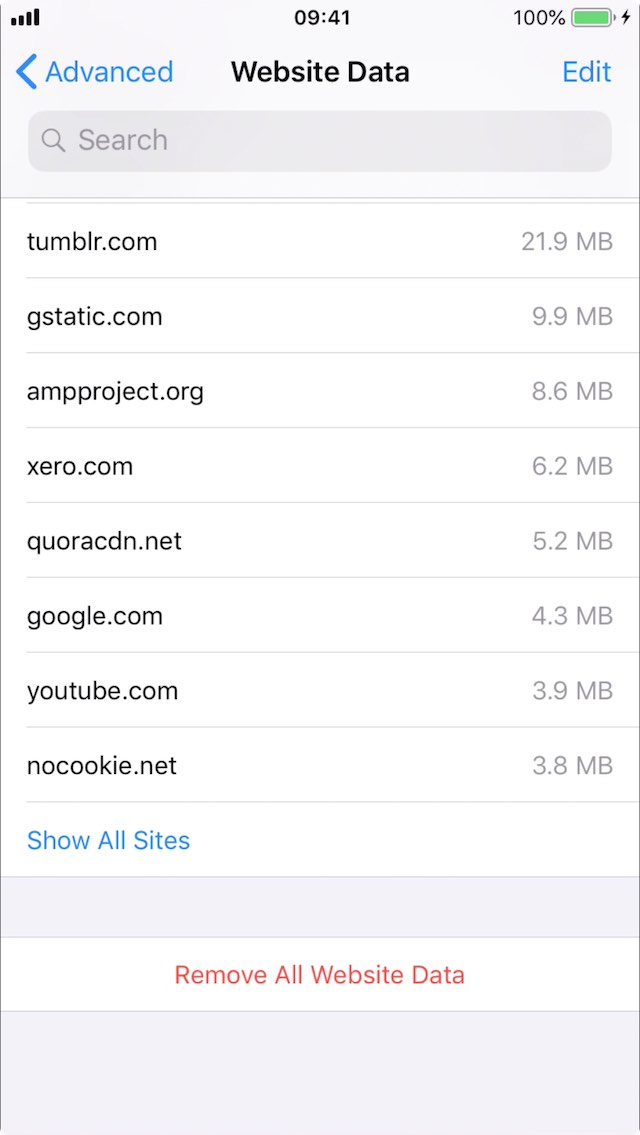
How do I clear website data on my Mac?
- Open Safari on your Mac.
- From the menu bar, go to Safari > Preferences > Privacy.
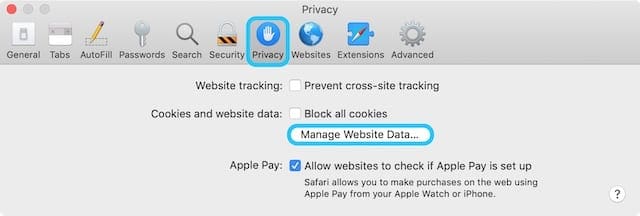
Click Manage Website Data… > Remove All.
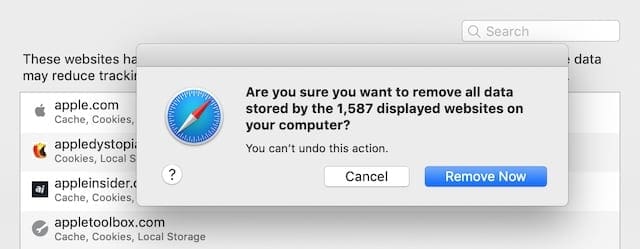
How do I clear the cache on my Mac?
Although removing website data clears most of Safari’s cache, some content still remains. Follow the steps below to remove it all.
- Open Safari on your Mac.
- Press command+option+E.
- Or: From the menu bar, go to Safari > Preferences > Advanced.

- Check the box to Show Develop menu in the menu bar.
- From the menu bar, go to Develop > Empty Caches.

Step 4: Clear your web history
There’s a chance your browsing history is making Safari slower. Like the website data, this is because there’s a backlog of information for Safari to keep looking through.
When you clear your history, your computer forgets which websites you visited before. It signs you out of everywhere so you’ll need to log in again as you revisit each site.
How do I clear my web history on my iPhone or iPad?
- Go to Settings > Safari.
- Tap Clear History and Website Data.

How do I clear my web history on my Mac?
- Open Safari on your Mac.
- From the menu bar, go to Safari > Clear History….
- Choose to Clear all history from the drop-down menu.
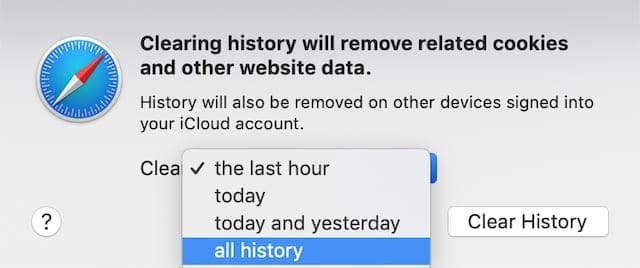
- Click Clear History.
Step 5: Disable Safari AutoFill
Safari securely keeps your contact and payment information to make it easier for you to fill in online. This AutoFill data includes your contact details, login information, and credit card numbers.
Sometimes AutoFill data causes your web browser to stutter when loading a new page. It’s because the browser needs to sift through the page alongside your AutoFill details to make suggestions for you.
How do I disable Safari AutoFill on an iPhone or iPad?
- Go to Settings > Safari > AutoFill.
- Switch off AutoFill for Use Contact Info and Credit Cards.
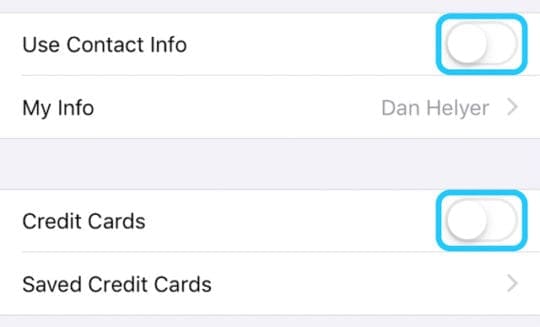
How do I disable Safari AutoFill on a Mac?
- Open Safari on your Mac.
- From the menu bar, go to Safari > Preferences > AutoFill.

- Uncheck AutoFill for everything.

Step 6: Turn off extensions and plug-ins (Mac only)
Extensions and plug-ins turn Safari on your Mac into a super-powered web browser. They can block adverts, enable interactive games, lookup discount codes, and plenty more.
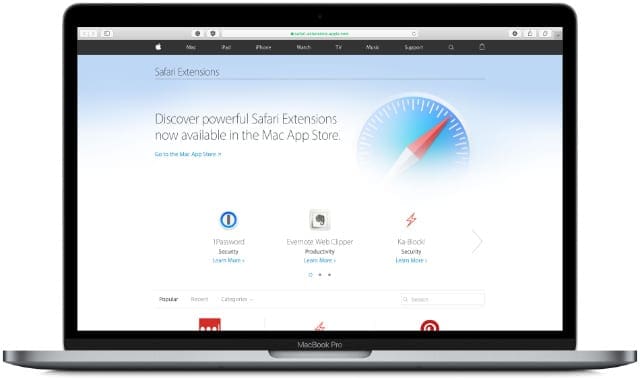
However, all that extra functionality means they can make any web browser slow. We’ve ensured they’re up-to-date, but you should disable your plug-ins and extensions if Safari is still slow.
How do I turn off Safari extensions on my Mac?
- Open Safari on your Mac.
- From the menu bar, go to Safari > Preferences > Extensions.

- In the left column, uncheck the boxes to turn off extensions.
- Select an extension and click Uninstall if you don’t want it anymore.

How do I turn off Safari plug-ins on my Mac?
- Open Safari on your Mac.
- From the menu bar, go to Safari > Preferences > Websites.

- In the left column, scroll down to the Plug-ins section.
- Uncheck the box next to each plug-in to turn it off.

Step 7: Delete your Safari preferences (Mac only)
Your Mac automatically creates files that store your preferences for each application. These plist files and are often the cause of minor software errors or performance problems.
If Safari is slow on your Mac, there’s a chance the plist files related to it are corrupt. If that’s the case, you can delete them, and they’ll be automatically replaced by your Mac.
Deleting your plist files resets Safari to factory settings. This means you could lose your Bookmarks and Reading List. For that reason, you should make a backup before proceeding.
How do I delete my Safari preferences on a Mac?
- Open Finder on your Mac.
- From the menu bar, select Go > Go to Folder….
- Type the following: /Library/Preferences.

- Hit enter to open your Preferences folder.
- Find and delete files that begin with com.apple.Safari and end with .plist.

Is Safari faster on your iPhone, iPad, or Mac now? I measured my browser performance before and after the troubleshooting steps but didn’t see a lot of change. What did you get? Let us know in the comments!
